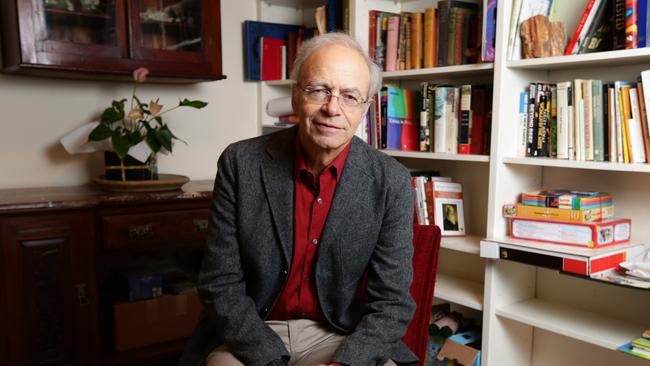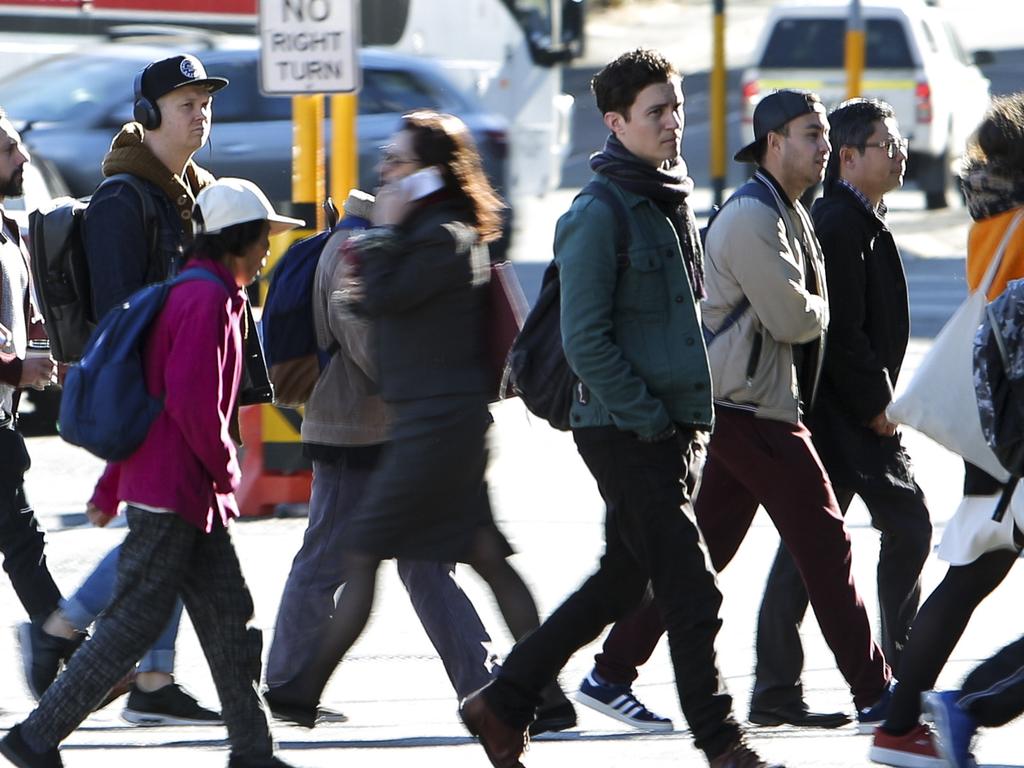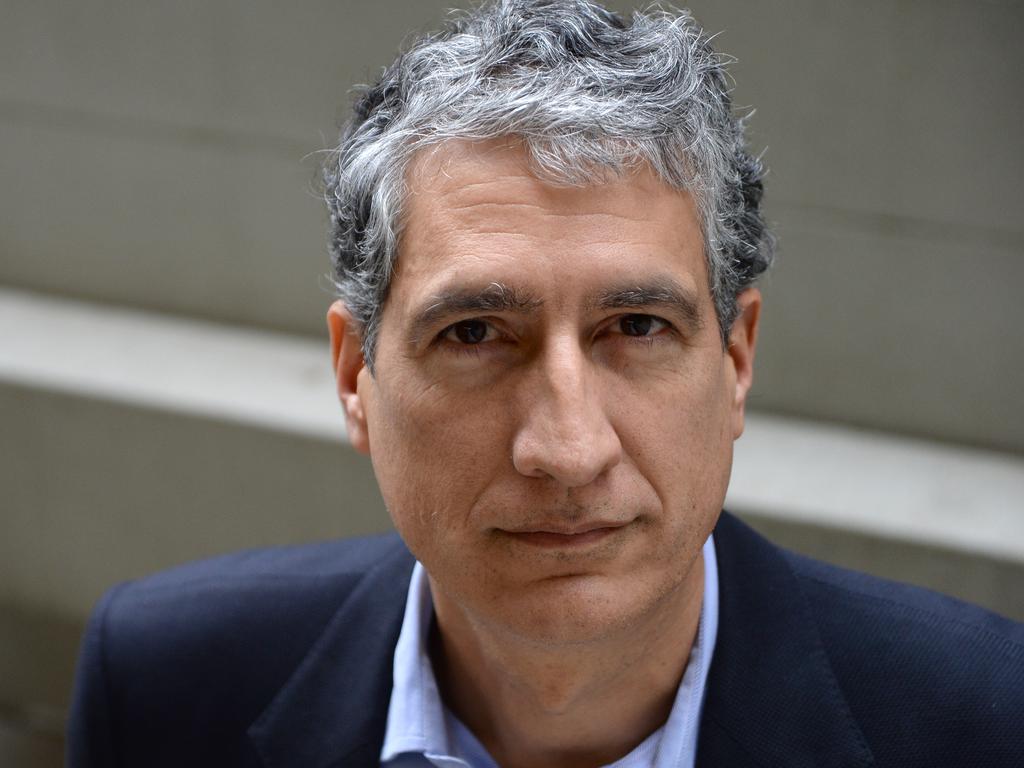Lockdowns could eventually be seen as an over-reaction, says philosopher Peter Singer
One of the nation’s best known philosophers, Peter Singer, says coronavirus lockdowns are based on ‘relatively unsure evidence’.

One of the nation’s best known philosophers Peter Singer said the response to the coronavirus could eventually be seen as an “over-reaction” given the social and economic costs of lockdowns.
Speaking from Melbourne, Professor Singer, who is known for his books on applied ethics, said lockdowns had been implemented with “relatively unsure evidence” and that he was “a bit surprised” governments had taken such responses without presenting cost benefit analyses.
“It’s been done on the basis of relatively unsure evidence, both about the costs and the benefits … It’s a bit surprising society hasn’t had more of a debate,” he told The Australian.
His comments came as Victoria recorded 278 new cases and eight deaths on Thursday.
Professor Singer said, in the absence of a vaccine, lockdowns such as Victoria’s might be justified as a way to “flatten the curve”, relieving pressure on the health system, but the jury was still out on their overall impact.
“Very few have really tried to calculate the costs, and balance those costs with the benefits, and the costs are obviously very substantial, widespread unemployment, clearly bankruptcies, and less government revenue and significant debt, so there will be spending the government won’t be able to keep up,” he said.
The Princeton philosopher, who returned to his native Melbourne late last year to be closer to his family, said it was “quite possible we will look back and see that it was an over-reaction”.
“It depends on the damage done,” he said, noting that the costs of lockdown would be greater in poorer countries.
“When we’re doing this cost benefit analysis we should take into account the years of lives lost, not just number of deaths,” he said.
“That it’s less tragic for a 90-year-old to die than a 30-year-old seems clear to me,” he added.
His comments foreshadowed New Zealand’s imposition of a three-day lockdown on Auckland following four new cases of coronavirus emerging, after more than 100 days of no new community transmission.
“Politicians are worried about the finger being pointed at them about a certain group of deaths,” Professor Singer said. “It’s harder to point the finger at them for unemployment and mental health problems.”
Around 36.2 million people have died globally so far this year, including 745,000 from or with COVID-19.
A Professor of Bioethics at Princeton’s Center for Human Values, he said it was “totally reasonable” for governments to assign a value to human life for the purposes of allocating public spending.
“Otherwise you get irrational decisions where the department of road safety spends $8m to save a life whereas you could save $4m in another era,” he said.
In late 2019 the federal government said $4.9m was the best estimate of the statistical value of a human life, and $213,000 the value of a life year.
It was too early to say whether Sweden had erred in eschewing harder lockdowns, Professor Singer said. “There was a time when it looked like a mistake, but maybe recent figures suggest it wasn’t,” he said.
Sweden’s overall death rate, 571 per million, is the fifth highest in Europe, but its death toll has steadily declined to low levels amid new outbreaks in France and Spain, which had strict lockdowns and higher death tolls.








To join the conversation, please log in. Don't have an account? Register
Join the conversation, you are commenting as Logout